The Relationship Between Baby Development And Sleep
How important is sleep in relation to your baby’s development? Sleep Expert Emma Purdue explains
6 min read
 Baby – Expert Article by Emma Purdue
Baby – Expert Article by Emma Purdue
The Relationship Between Baby Development And Sleep
From the moment we bring our little ones into the world and into our arms, they are changing. That first look at Mum, skin contact, feeding, nurturing etc. all bring on neurological and physical changes in baby to allow them to grow and survive in the outside world.
The first weeks of baby’s life also bring about incredible change, so much so that it is very hard for Mum to find her feet and keep up with this little creature who is so dependent on assistance! This pace of development does start to slow off after the first couple of months, but it does not mean that new changes are any less important to adapt to for sleep.
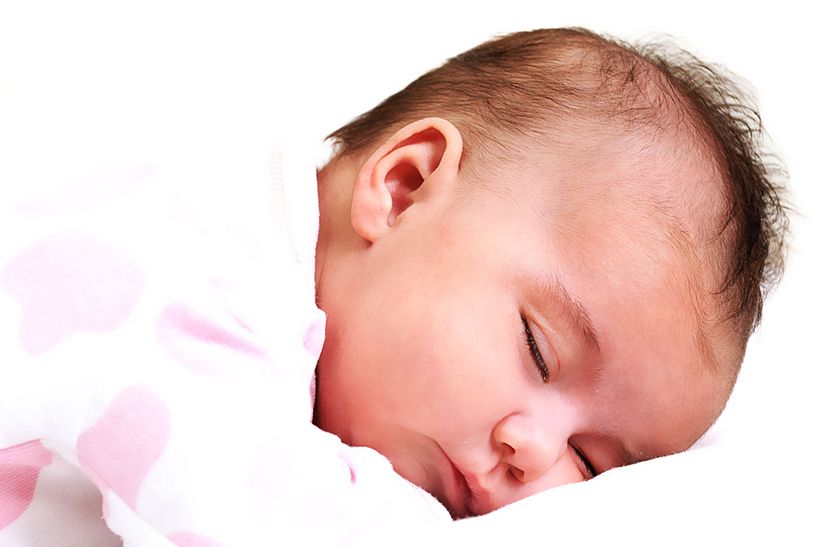
The newborn phase of development and sleep
The first phase of development and sleep for baby is one that often requires a lot of effort as newborns have a very immature neurological system, and are unable to self-regulate and calm. They cry a lot as a coping mechanism to shut out stimulus, and this crying can be hard to turn off to allow for sleep. So at this age, we do all we can for calm and sleep!
Swaddling, white noise, holding, wearing, rocking, feeding, dummies, walking etc are all ways we can help baby calm and get the rest they need. Towards the end of the newborn phase, most parents have got onto a way of settling their babies and into a routine that works, or that they can happily cope with, and life can tick on in a bit of a peaceful lull for a while during the phase, as everything works, feeding is often more settled, and baby is staying in one place!
If naps are a little off, a lot of babies still do a good stretch at night, a trade-off which is often easily managed. However it is these crucial weeks following where things often come unstuck…
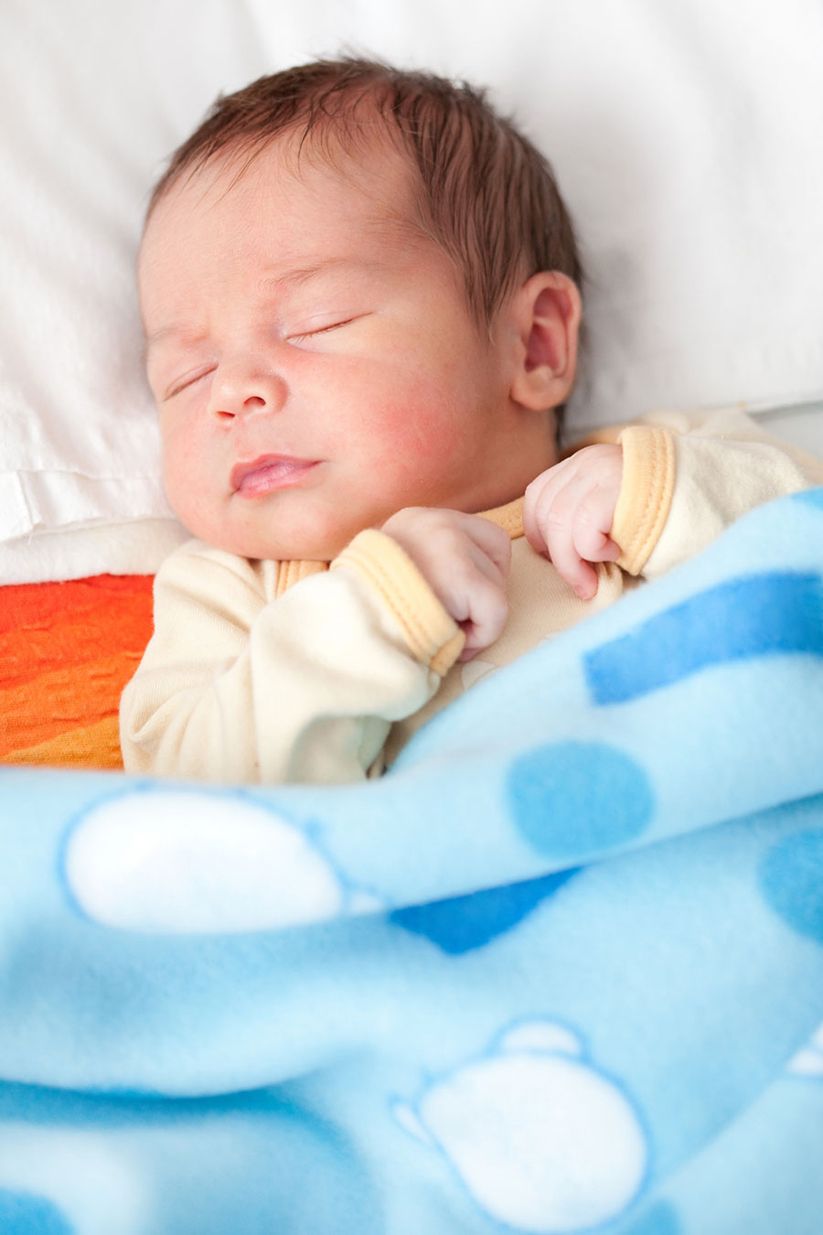
Between 4 and 7 months
As we all know babies are very good at changing on us! And there are some really sneaky developmental tricks that start to happen from the age of 4 months onwards, which catch a lot of us out. Suddenly there is a little crux, and while we can still often get baby to sleep, things like catnaps and ‘night waking’ start to creep in and we start to question all the possible causes.
Usually, the first one is a growth spurt so we often start feeding more often through the night, thinking there is a new sudden hunger as to why baby is no longer doing the 7 hours they used to! What has really happened here is that baby is taking a developmental progression, and they have suddenly developed these sneaky little things called ‘nighttime sleep cycles’.
If your baby was happily catnapping 4 times a day and getting up from a short nap, or you were going back into the room and popping a dummy back in, they have suddenly moved this definitive waking or need for resettling into their night time too. Often another factor is movement, and babies at this age are starting to roll, and learn to control and use their hands more, and are wanting to start to explore their world, so often start to have more wakeful periods at night to practice, and they are telling us they are ready to learn some skills for returning to sleep themselves.
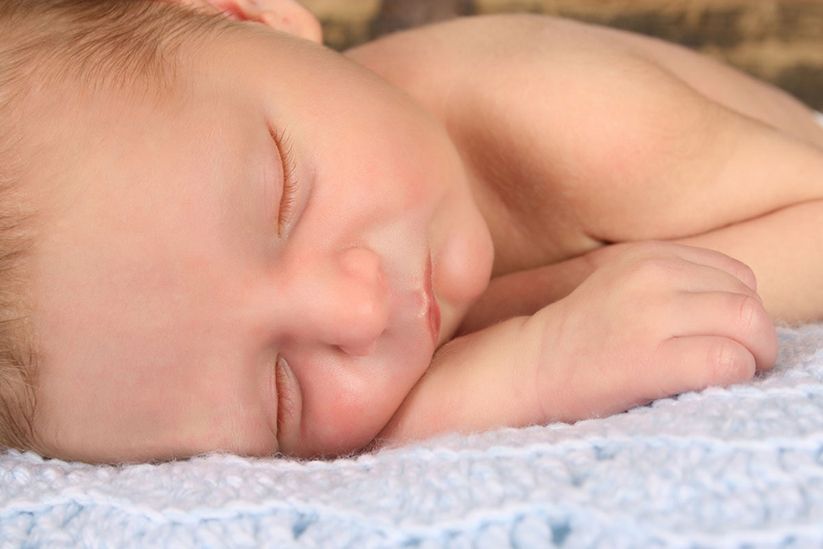
7 months onwards
From the age of 4-7 months, sleep can generally be pretty simple once your baby is self-settling, and if you need to you can still put your baby to sleep if they haven’t settled in a set time, or in more tricky circumstances. But 7 months is often where our little ones can trick us again! Things like the full establishment of solids, more movement, and the associated separation anxiety can make settling go a little backward – or stall if you were still putting your baby to sleep.
This is the age where complete self-settling or only partial support is important as our babies become very clever and start to rely on being fully assisted to sleep. Now 30mins learning time now becomes 30mins of protests to be put to sleep. Due to baby testing their world and overcoming their own new ability to move away from Mum, they can start to cry suddenly, louder and more forcefully to achieve Mum’s presence. o this often means Mum or Dad gets worried there is something genuinely wrong and that baby needs more help but often there is a bit of stress and fretting that goes along with this out of genuine concern when objectively everything is just fine and baby will probably giggle at you as you rush into the room!
The good thing is here that baby has great skills, is supported by solids, and can fully self-settle if we allow them to by backing off a bit. Also we must keep super calm, consistent and patient- and if being there for your baby while they fall asleep is important to your parenting philosophy, then you can still achieve self-settling and sleep while you are in the room. However being out of the room is also perfectly fine too- you just need to keep consistent and do what works for your baby and your family. Again a great environment and routine makes this process easier and more successful.
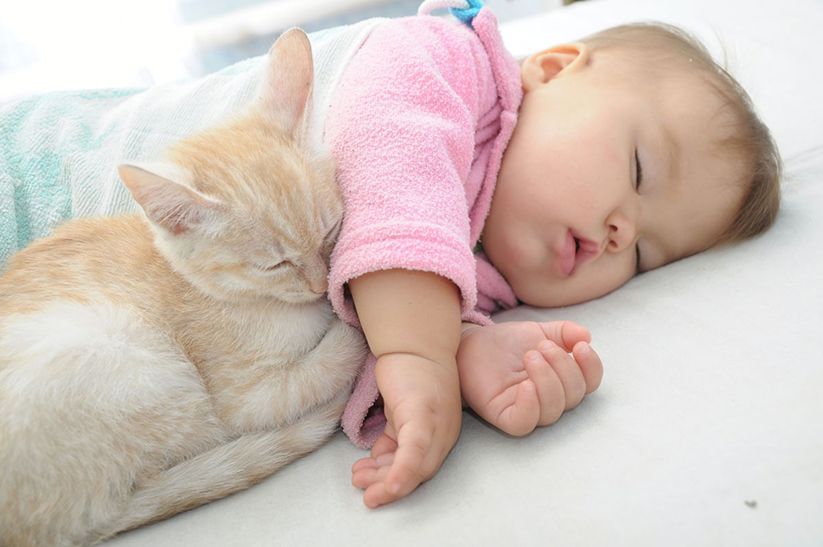
As baby gets older
The same supportive approach works well for all ages from 7 months and is especially helpful at riding out leaps in development that occur as your baby grows into being a toddler and is finding their own little independence in the world (and their new-found skill of tantrums!!).
Don’t underestimate the importance of development and its effect on sleep- the first step in overcoming sleep hurdles starts in taking a step back and understanding where your baby is ‘at’ now, compared to where they have been. Often, steps back in sleep are signs your baby is ready for Mum or Dad to take a step forward with them! Respecting your baby’s own little world and new skills can also go a long way in more smoothly riding out relapses and settling battles.
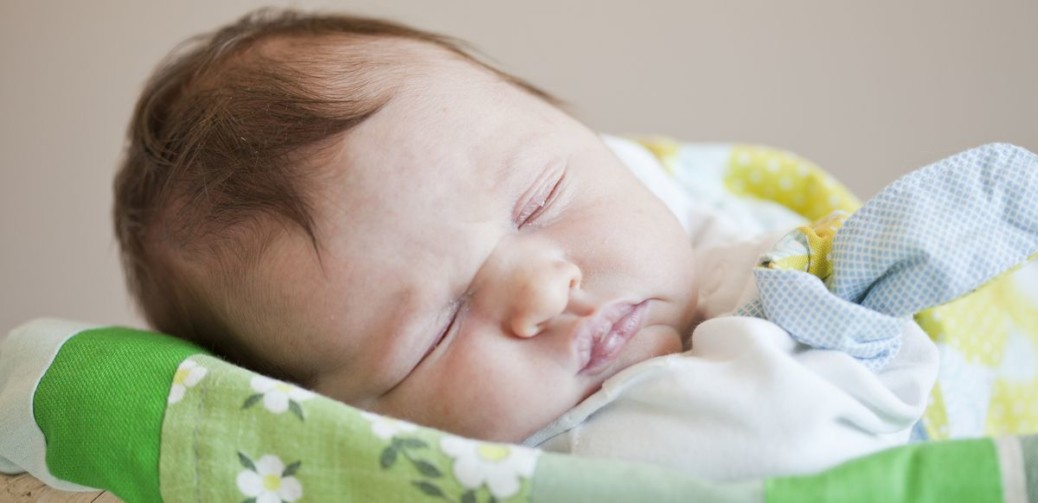
 Me and my team of Sleep Consultants have been where you are. You don’t need to continue to struggle with your baby’s sleep. We can help with home visits, phone, and email support. Request a free 15-minute phone consultation and let’s have a chat to see how we can help you.
Me and my team of Sleep Consultants have been where you are. You don’t need to continue to struggle with your baby’s sleep. We can help with home visits, phone, and email support. Request a free 15-minute phone consultation and let’s have a chat to see how we can help you. Emma is a mother of three and founder of
Emma is a mother of three and founder of